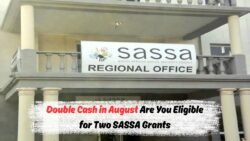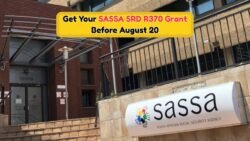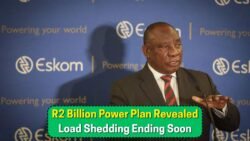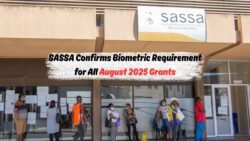Free Basic Electricity in 2025: Navigating the energy landscape in South Africa has always been a complex task, especially for low-income families striving to make ends meet. The introduction of Free Basic Electricity (FBE) aims to alleviate some of these burdens by providing eligible households with a set amount of free electricity each month. As we look towards 2025, understanding how to apply for this benefit becomes crucial for many South Africans. This initiative not only supports household energy needs but also contributes to the broader goal of sustainable and equitable energy access.
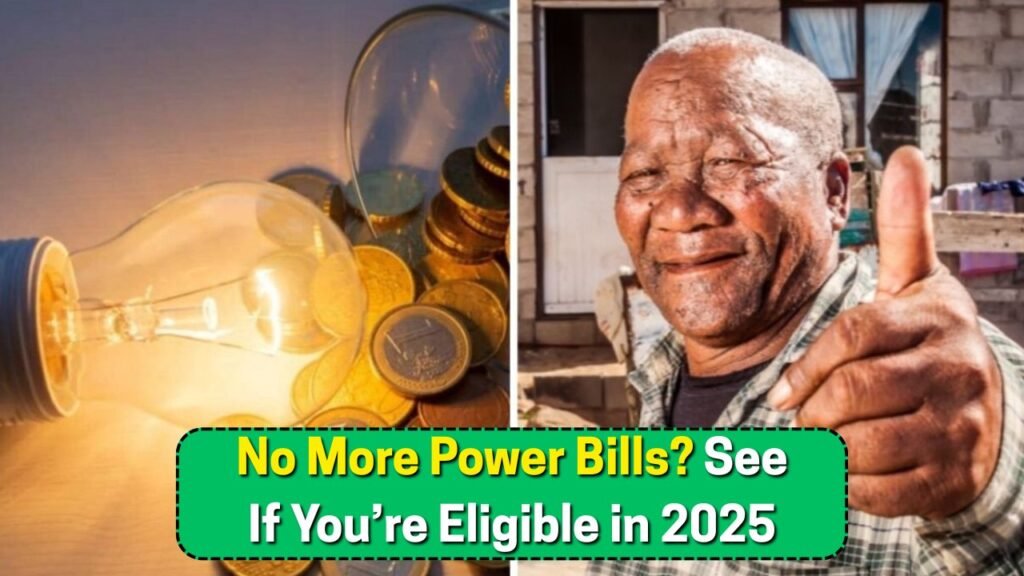
Understanding the Free Basic Electricity Scheme in 2025
In 2025, the Free Basic Electricity scheme continues to play a vital role in South Africa’s socio-economic framework. Designed to assist low-income households, this government initiative provides a monthly allowance of electricity, typically between 50kWh to 100kWh. This amount is intended to cover essential energy needs such as lighting, cooking, and running small appliances. The goal is to reduce the financial burden on families, allowing them to allocate resources to other critical areas like education and healthcare. To qualify, households must meet certain criteria, including income thresholds and residency requirements. Typically, this involves being registered on the municipality’s indigent register, which verifies the household’s financial status. For many, understanding the application process and knowing the eligibility requirements is the first step towards gaining this essential support.
How to Apply for Free Basic Electricity in 2025
Applying for Free Basic Electricity in 2025 requires a few straightforward steps. First, eligible households need to be registered with their local municipality’s indigent program. This registration process usually involves providing proof of income, a valid South African ID, and a recent utility bill. Once registered, the municipality will assess the application based on the household’s income level and other criteria. Upon approval, the household will receive a monthly allocation of free electricity, which can be accessed via a pre-paid meter. It’s important for applicants to keep their contact information updated with the municipality to ensure they receive crucial updates regarding their application status. Additionally, households are encouraged to check with their local municipality for any changes in the application process or eligibility criteria that may occur over time.
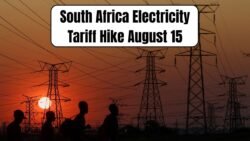 South Africa Electricity Tariff Increase On August 15: Province-Wise Rate Breakdown Inside
South Africa Electricity Tariff Increase On August 15: Province-Wise Rate Breakdown Inside
Benefits of Accessing Free Basic Electricity in 2025
The benefits of accessing Free Basic Electricity in 2025 extend beyond the immediate financial relief for eligible households. By reducing monthly utility bills, families can redirect funds towards other essential needs, promoting better living conditions and economic stability. Moreover, this initiative supports environmental sustainability by encouraging the efficient use of electricity. Households are more likely to adopt energy-saving practices when they are aware of their consumption limits, contributing to a reduction in overall energy demand. Furthermore, the scheme fosters inclusivity, ensuring that even the most vulnerable populations have access to basic energy services, which is essential for improving quality of life and supporting economic development across South Africa.
Future Prospects of Free Basic Electricity Beyond 2025
Looking beyond 2025, the Free Basic Electricity initiative is poised to evolve in response to changing energy needs and technological advancements. As South Africa continues to grapple with energy challenges, including load shedding and reliance on fossil fuels, the scheme may expand to incorporate renewable energy sources. This integration could provide households with solar-powered solutions, reducing dependence on traditional grid electricity and promoting cleaner energy consumption. Additionally, future modifications to the program could include increased electricity allowances, reflecting inflation and rising energy costs. Policymakers are likely to explore innovative ways to enhance the scheme’s reach and effectiveness, ensuring it adapts to the dynamic socio-economic landscape and continues to support those who need it most.

